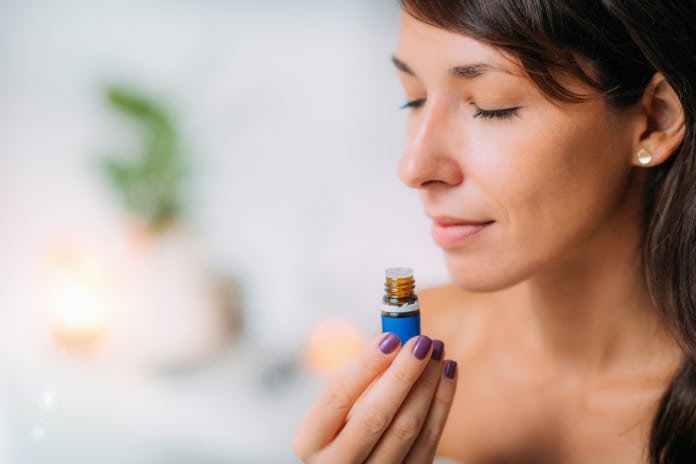Easy Ways To Restore Your Body’s Circadian Rhythm

Achieving restorative sleep can feel elusive for many people. With the demands of modern life constantly disrupting our body’s natural rhythms, it’s no wonder so many people struggle with sleep. Understanding and regulating your body’s circadian rhythm is a game-changer for overall well-being. Here, we’re discussing a few easy ways to restore your body’s circadian rhythm so that you can get back to that deep sleep we all so desperately crave.
What Is Circadian Rhythm?
Your circadian rhythm is an internal clock that regulates your sleep-wake cycle over 24 hours. Various factors such as light exposure, physical activity, and eating habits influence this clock. When your circadian rhythm is in sync, it helps you fall asleep and wake up at consistent times, which is crucial for maintaining good health and optimal energy levels.
Factors Disrupting Your Circadian Rhythm
Several elements can throw your circadian rhythm out of balance. Irregular sleep schedules, excessive screen time, and poor diet are the most common culprits.
Health conditions like insomnia or shift work disorder can also play a role. Identifying these disruptors is the first step toward making positive changes.
The Role of LED Lighting in Sleep
Lighting significantly impacts your sleep quality. Unlike traditional lighting, LED lights mimic natural lighting conditions, which can regulate your circadian rhythm. Exposure to LED lighting during the day can make you more alert, while dimming them in the evening prepares your body for rest.
How Your Sleeping Position Affects Health
Your sleeping position plays a crucial role in your overall health. Proper spinal alignment during sleep can prevent issues like back pain and improve your breathing. Different sleeping positions offer various benefits and drawbacks, so it’s essential to find one that suits your needs for a restful night.
Set a Regular Sleep Schedule
Consistency is key when it comes to restoring your circadian rhythm. Try to go to bed and wake up at the same time every day, even on the weekend. This routine helps your body recognize when it’s time to sleep and wake and helps you maintain a balanced rhythm.
Manage Light Exposure
Light has a powerful effect on your internal clock. During the day, expose yourself to plenty of natural light to boost alertness. In the evening, limit exposure to artificial lights, especially blue light from screens.
Consider switching to LED lighting so that you can adjust it to mimic natural light patterns. This is typically more effective than traditional bulbs.
Optimize Your Sleep Environment
Creating a conducive sleep environment can make a significant difference. Ensure your room is dark, quiet, and cool. Investing in a comfortable mattress and pillows also improves sleep quality. Pay attention to how your sleeping position affects your health and adjust your sleeping arrangements accordingly.
Taking control of your circadian rhythm can transform your sleep and overall health. By understanding the influence of LED lighting on sleep patterns and recognizing how sleeping positions affect your well-being, you can make informed choices that lead to better rest.






